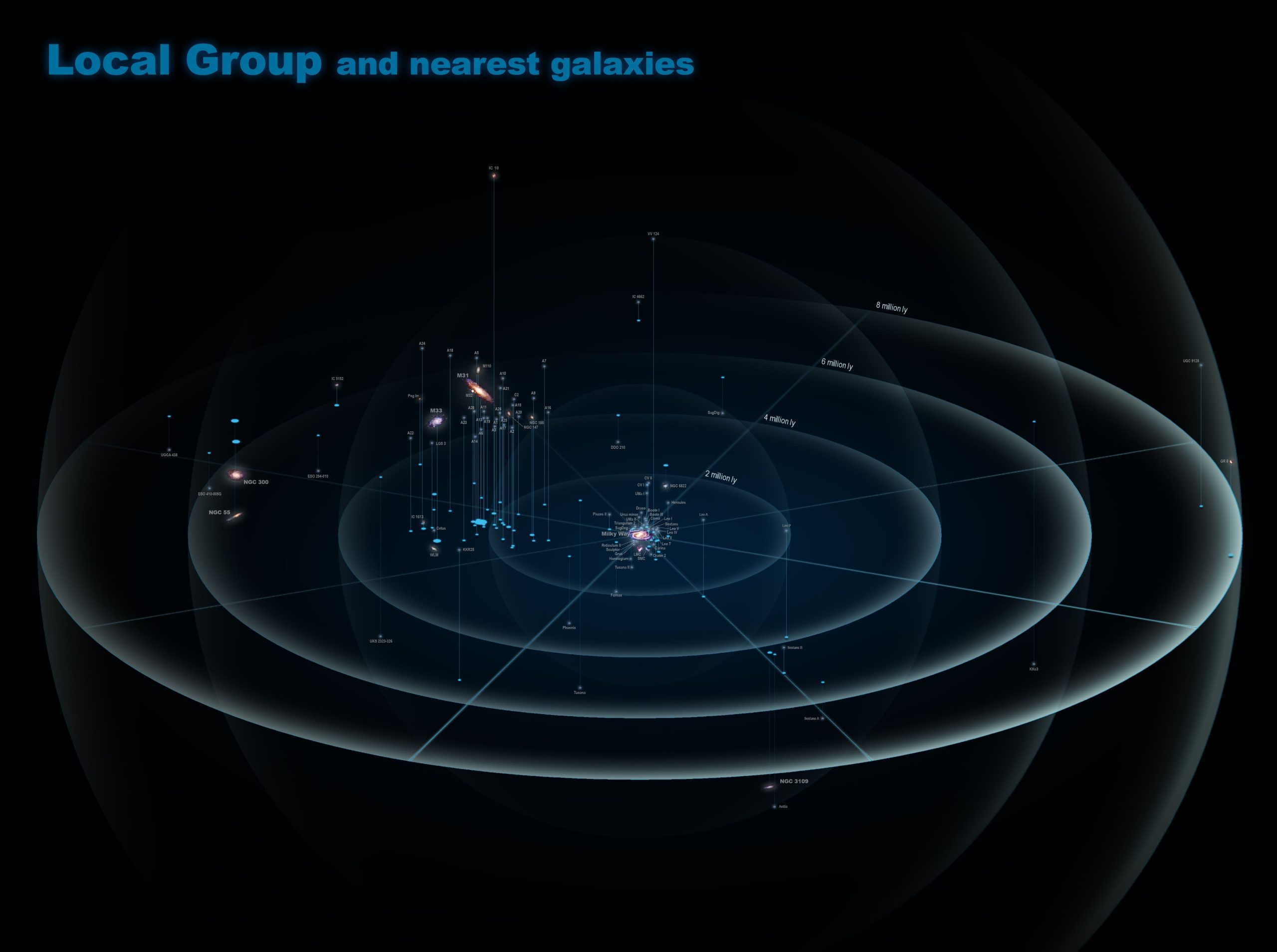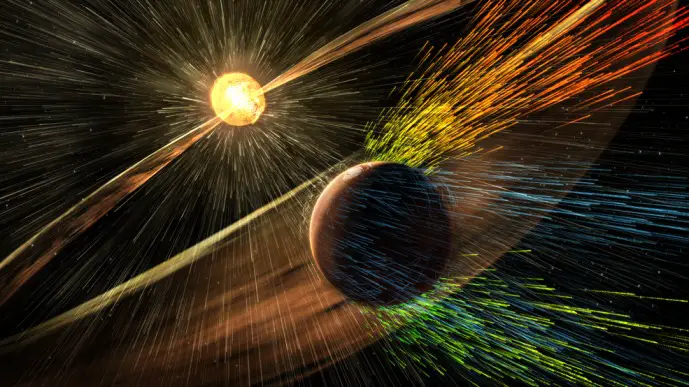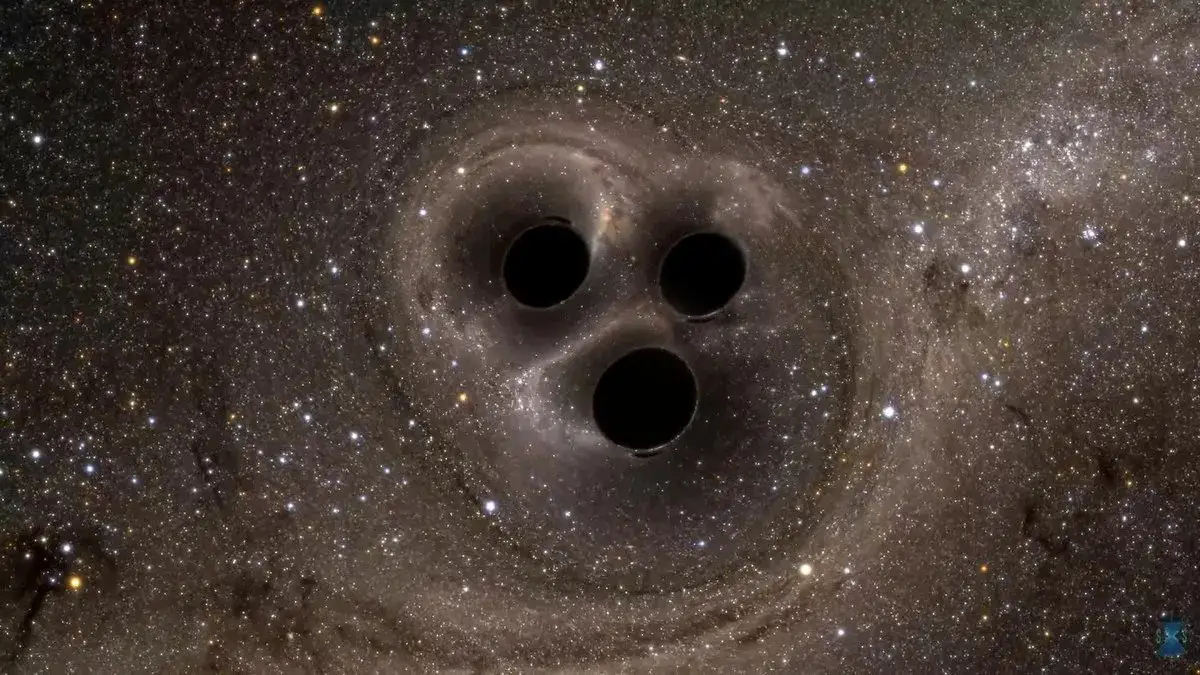Key takeaways:
- The Fermi Paradox explores the contradiction between the high probability of extraterrestrial life and the lack of evidence, prompting questions about why we haven’t encountered alien civilizations.
- Proposed explanations include the Great Filter Hypothesis, which suggests there may be universal barriers preventing civilizations from advancing, and the Zoo Hypothesis, where aliens avoid contact to let humans evolve naturally.
- The Zoo Hypothesis draws parallels to the “Prime Directive” in Star Trek, theorizing that advanced civilizations might see us as a species that should develop without external interference.
- Critics argue the Zoo Hypothesis is speculative, difficult to prove, and assumes alien civilizations have a unified agenda or could maintain a galaxy-wide no-contact policy over millions of years.
- Some researchers propose “active SETI” initiatives, sending messages to invite contact from extraterrestrials, despite concerns this might attract hostile civilizations or AI probes.
________________
Could Earth be a cosmic sanctuary for observation? The Zoo Hypothesis suggests so.

In 1950, Italian-American physicist Enrico Fermi famously asked, “Where is everybody?” The question has since become the basis of the Fermi Paradox, addressing the conflict between the high probability of extraterrestrial life and the complete lack of evidence for its existence. Several hypotheses have been proposed to explain this, including the Zoo Hypothesis, first introduced in 1973 by Harvard astrophysicist John A. Ball. This theory posits that advanced alien civilizations may know of Earth and its inhabitants but choose to avoid contact, allowing humanity to develop naturally without interference.
A Cosmic Non-Interference Policy
The Zoo Hypothesis aligns with concepts seen in popular culture, such as the “Prime Directive” from Star Trek, which mandates non-interference with developing species. Similarly, Ball’s hypothesis suggests that a more advanced extraterrestrial intelligence (ETI) might adopt a non-interference stance for evolutionary, ethical, or observational reasons, preserving Earth as a kind of “cosmic zoo.” Ball argued that it’s possible for alien species to maintain a hands-off approach, watching humanity progress while remaining undetected.
This concept also interacts with other proposed explanations for the Fermi Paradox, like the Great Filter Hypothesis. Developed in 1996 by economist Robin Hanson, this theory suggests that there could be a “filter” preventing species from reaching a point of advanced development or interstellar communication. The Zoo Hypothesis, however, holds that ETIs may already exist and observe humans but deliberately avoid communication to respect the natural development of civilizations.
Technological Scale and the Role of Advanced Civilizations
The idea that advanced civilizations exist beyond Earth is also backed by Nikolai Kardashev’s three-tier scale, introduced in 1964. This “Kardashev Scale” defines civilizations based on their energy use, from Type I (planetary civilizations) to Type III (galactic civilizations). Researchers speculate that there could be Type I or Type II civilizations within the Milky Way, where up to 6 billion Earth-like planets might exist in habitable zones around stars. Since our galaxy is around 13.5 billion years old, it’s plausible that other advanced civilizations could have arisen long before humanity, leaving them ample time to decide whether to contact or observe us.
The timeline of life on Earth hints that complex life takes billions of years to evolve. Given this, ETIs could consider humanity relatively young and unprepared for contact. Using Earth’s wildlife sanctuaries as an analogy, Ball theorized that advanced aliens might adopt a similar approach to observation and preservation, avoiding interference and instead allowing natural progression.
Criticisms and Continued Debate
While the Zoo Hypothesis offers an interesting perspective on the Fermi Paradox, it has limitations. Critics argue that the hypothesis is speculative and unfalsifiable. Dr. Duncan Forgan, an astrophysicist, notes that it would be difficult for a single alien species to enforce a no-contact policy across the galaxy due to communication limits imposed by light-speed travel. Furthermore, Forgan doubts that different alien species would coordinate to form a unified “Galactic Club” with a collective non-interference agreement. He also points out that a single dissident group could easily break this rule.
Even Ball himself admitted that the hypothesis is pessimistic, stating that he would prefer the idea that aliens wish to contact us. Yet he acknowledged that unpleasant scientific theories sometimes turn out to be correct. Proponents of “active SETI” (Messaging Extraterrestrial Intelligence) believe that this hypothesis should encourage us to send signals into space, in hopes of eliciting a response from observing ETIs, similar to historical initiatives like the Arecibo Message and the Voyager Golden Records.
Ultimately, the Zoo Hypothesis does not fully resolve the Fermi Paradox, but it remains a valuable lens through which to examine our position in the cosmos. The search for extraterrestrial life continues, leaving us to wonder if we are alone in the universe or simply under observation in an invisible cosmic sanctuary.




[…] Read more […]